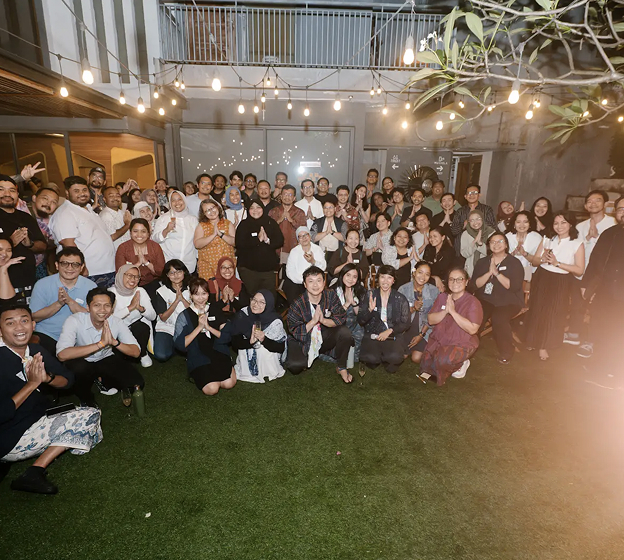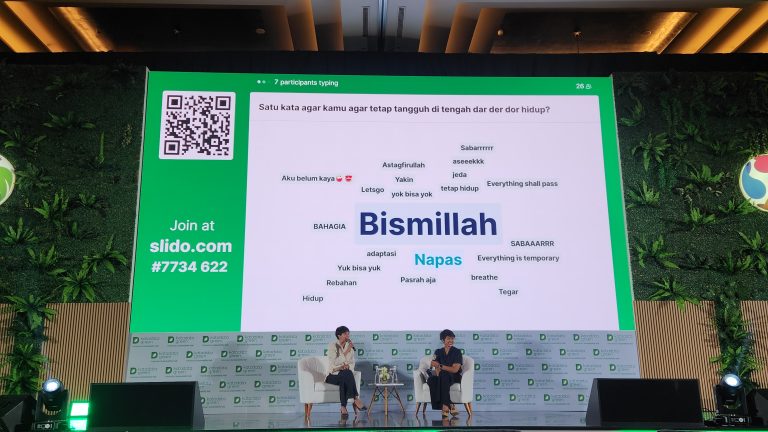When schedules get packed, leaders often put productivity first. In the process, they forget about themselves—even something as simple as remembering how to breathe. The truth is, taking a pause to reset makes a huge difference.
At the BLESS launch on June 3, 2025, we gathered simple practices from participants—our “Friends of BLESS.” The results were eye-opening. Their personal breathing hacks ranged from tidying up their space to sending warm messages to loved ones.
- Choosing Yourself with Self-Compassion
Friends shared notes like “choose yourself,” “take a break,” or “put your own name on the list of people you love.” This is closely tied to Dr. Kristin Neff’s idea of self-compassion—treating yourself with kindness when facing difficulties (Verywell Mind). Research backs this up: self-compassion lowers anxiety and stress while boosting motivation and emotional well-being (University of Rochester Medical Center). It also strengthens empathy and social connections (Allure). Small acts like greeting yourself kindly or giving yourself permission to rest are effective ways to fight exhaustion. - Activating Through Daily Movement
Tips such as “read a book, exercise, clean the house, play with plants” connect to behavioral activation (BA), a therapeutic method in CBT designed to reduce depressive symptoms by encouraging meaningful activities (Michigan Medicine). Research even shows BA can be just as effective as CBT, reducing depression symptoms by up to 50% in studies published in The Lancet (TIME). By scheduling small movements each day, leaders can turn stress into positive energy. - Managing Emotions with Awareness
Notes like “hold your voice, dare to listen, the way out is in” point to emotional regulation practices. Dr. James Gross highlights the importance of giving emotions room before reacting. Combined with mindfulness, these practices help manage stress and anxiety effectively (Harvard Health). - Social Connection as Mental Support
Reminders like “text a friend” or “do good to meet good people” underline the strength of connection. Social baseline theory explains that the presence of others lowers stress responses. Even a short message can lift your mood. Self-compassion also strengthens relationships by creating more stable emotional support(PsychAlive). - Napas Sadar: Jembatan ke Ketenangan Batin
“Breathing!” was one of the most mentioned hacks. Deep breathing reduces the body’s fight-or-flight response and lowers blood pressure (Harvard Health). Breath-based mindfulness can even change the brain—shrinking the amygdala, which triggers stress, while strengthening areas that regulate emotion (Washington Post).
For leaders, making space for yourself is more than self-care, it’s a smart strategy. Each of these practices builds a stronger foundation to lead with balance and emotional stability.
The first step can be simple: read one page of a book in the morning, send a supportive message to a friend, or take a deep breath when you feel drained. These little pauses can become powerful companions in your daily routine, reminding you that even the smallest breaks carry transformative power.





